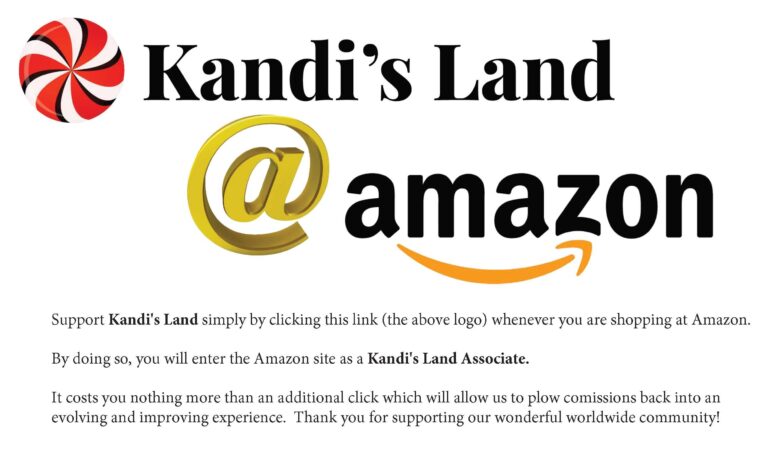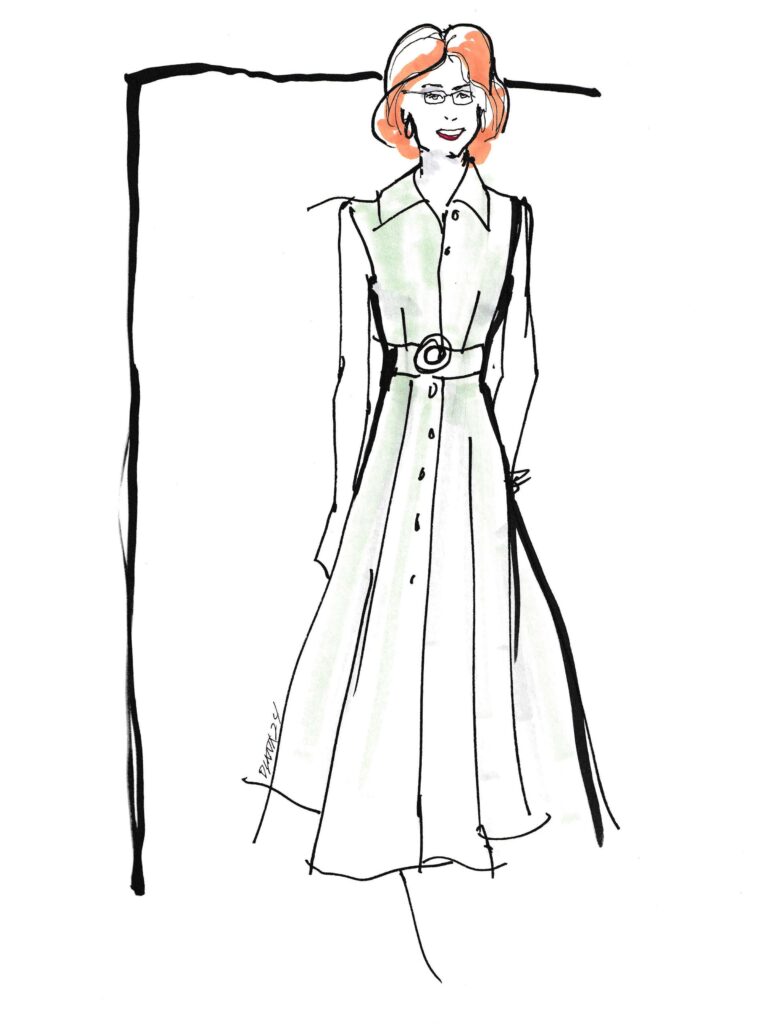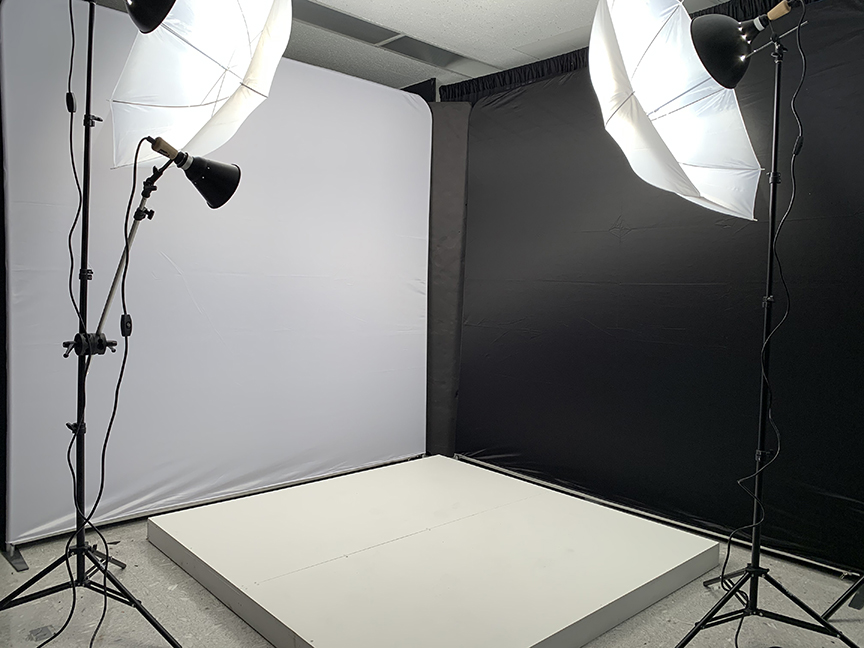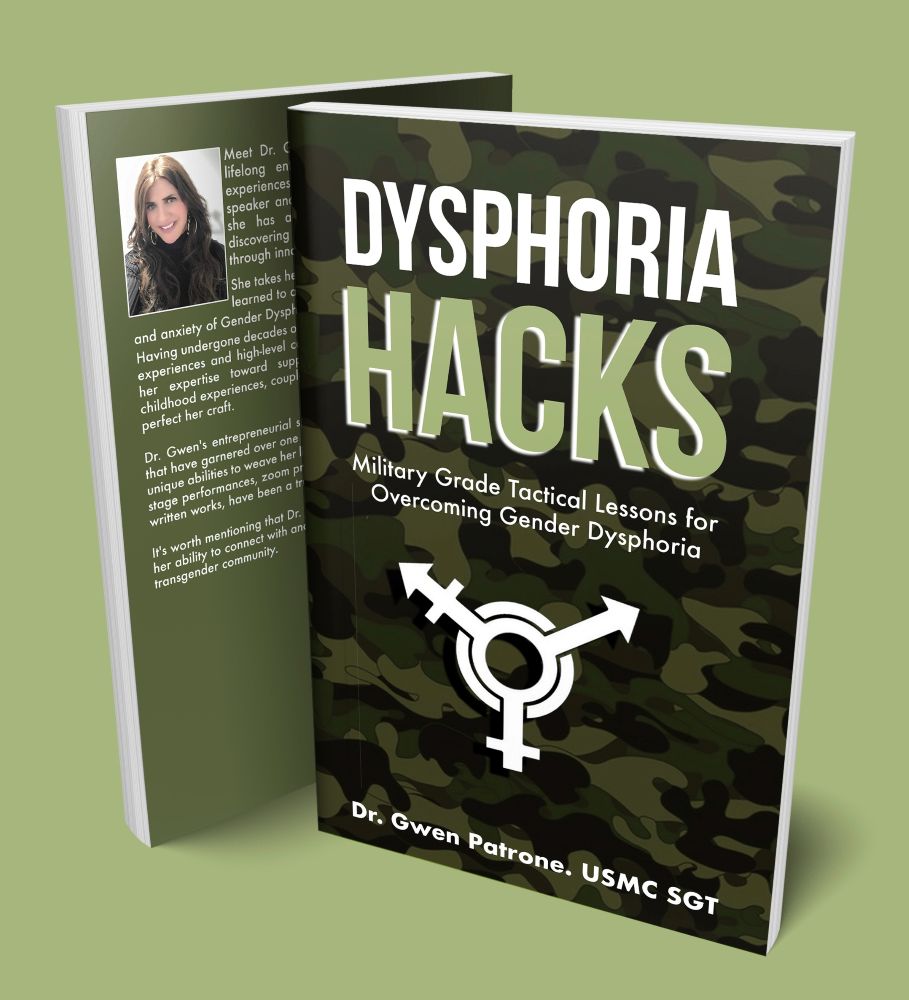In a world that often feels divided and contentious, the recent vice presidential debate was a rare moment of hope. It wasn’t the policies, the sharp comebacks, or even the candidates’ backgrounds that caught my attention. It was the tone—the civility, the respect. For the first time in a long while, it seemed as if two individuals with differing opinions could actually sit down and have a conversation. It was a reminder that despite our differences, we can still engage with each other as human beings, not as enemies.
The Importance of Talking, Not Fighting
One of the most profound things missing in today’s discourse is the ability to talk *about* our differences without demonizing the other side.
What happened to negotiation and compromise? In today’s political and social climate, it feels as though everything boils down to “we must win, and you must lose.”
This mindset—one that thrives on a zero-sum approach to every issue—only pushes us further apart. Even if one side “wins,” what do we really gain? A fractured society, resentment, and an ever-deepening chasm between neighbors, friends, and even family members. Civility, compromise, and empathy are not weaknesses; they are traits we once revered because they help us *solve* problems.
When we engage in meaningful conversations and listen to the other side, we build bridges. When we resort to name-calling and vilifying those who think differently, we burn those bridges down.
More Alike Than We Think
The irony is that most of us, if we strip away the surface-level disagreements, want the same things. Whether it’s safety, prosperity, justice, or equality, our goals are often aligned.
What we argue about are the *methods* to achieve those goals. But the polarization in our society makes it seem as though wanting a different path means we are fundamentally against each other. That couldn’t be further from the truth. Take my own friendships as an example. I’ve spent years with people who, at their core, want the same outcomes as I do. We all want a thriving community, equal opportunities, and a better future for our children.
However, in recent years, we’ve started to differ on how we believe those goals should be reached. Instead of conversations about *why* we disagree or how we could find common ground, those friendships dissolved. Some even blocked me, cutting off all dialogue. This feels entirely counterproductive.
Why are we letting disagreement over process tear apart relationships?
It’s as if we’ve forgotten that disagreement is natural—and necessary. Debate isn’t the problem; the problem is how we handle it.
The Road Back to Humanity
To heal as a society, we need to remember how to be human again. This means acknowledging that people on the “other side” are not our enemies—they’re just people with different ideas. It means recognizing that disagreement doesn’t have to be divisive. Instead, it can be the starting point for understanding.
We need to ask ourselves: Are we so entrenched in winning that we’re willing to destroy our relationships in the process? Are we so focused on being right that we forget the value of empathy and respect?
Here are a few simple steps to guide us back toward a more human-centered approach to our differences:
1. **Listen with the intent to understand, not respond**: When someone expresses a different viewpoint, don’t immediately think about how to counter their argument. Instead, ask questions. Understand *why* they feel the way they do.
2. **Acknowledge shared goals**: Find common ground before diving into differences. Remind yourself that most of us want similar outcomes but may differ in how we achieve them.
3. **Embrace compromise**: No one wins when one side dominates. Real progress happens when both sides give a little and find a solution that addresses concerns from multiple angles.
4. **Lead by example**: Be the person who chooses civility over aggression. When others see you handling disagreements with grace, it can inspire them to do the same.
5. **Reconnect with people you’ve lost**: If past disagreements have led to estranged friendships or strained family ties, make the first move to repair those relationships.
You may not solve every difference, but reconnecting could bring you closer to understanding each other again.
Healing Starts with Us
It’s easy to point fingers at politicians, the media, or social media platforms for the divisiveness in our world. But the truth is, healing starts with us. It starts with every conversation, every disagreement handled with respect, and every relationship we decide is worth mending.
We may never fully agree on how to solve every problem, but that’s okay. It’s how we manage those disagreements that will determine the kind of society we build together.
We can return to being human again. It just takes a little effort—and a lot of empathy.
Dr. Gwen Patrone














One Response
Gwen,
Gwen,
I now watch or follow politics very little but sometimes you feel you are watching children in a kindergarden not grown adults , they make false promises to get the upper hand . While I appreciate it’s my duty to vote and I consider myself lucky I have total freedom to do so but I know no matter where I place my vote they all go down the same well trodden road afterwards . I no longer point the finger at politicians because i expect very little of them , I do feel the media ( social or otherwise ) still has much to answer for , we have allowed it to almost totally take over our lives . I’m not deeply involved and truthfully I don’t miss it , the important point is life is so much better in reality .
I feel we learn so much about ourselves being transgender , we may face harsh facts and comments from bigots so we have to think between the lines . What exactly are other people saying and why , it’s very easy to assume we are the only ones with problems , the World doesn’t always revolve around us other people have problems but in covering them up they attempt to distract us by throwing abuse and scorn , those are the barriers we need to take down .
If we need to find fault or offer a counter argument we have two choices , we can be destructive in our views or constructive . I’ve personally lived too many years with destructive people so I now try and be constructive with my opinions . If we are proved to be wrong then we must be humble in our apologies it’s the safest way to defuse a heated situation , we must try and part as friends rather than enemies .
It is sad when friendships fail , often we may consider are we to blame but sometimes we have to accept people just move on , I know I have and I know some have fallen by the wayside . Also we can’t heal some people with evil intent , I admit sometimes I have been naive not seeing that and been deeply hurt but I doubt I will change now , I feel I am a decent person and only try and see that in others .
Can we return to being human again ? Personally I feel COVID did untold damage , in our isolation period people demanded more and through circumstances help and support wasn’t always there . We emerged from that with a blame culture , people accused others of not doing enough . We all suffered through COVID , mistakes were made , it’s impossible to compensate for the losses we suffered and yet some are demanding it , the bottom line is we were lucky to get through it , the situation could have been far worse without the tireless work of the health agencies .